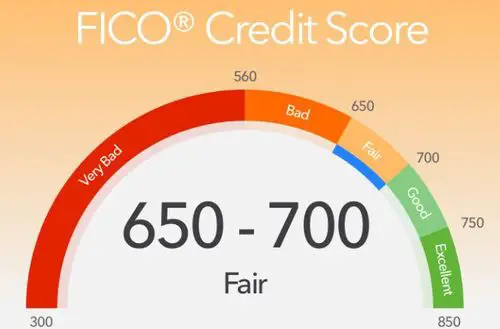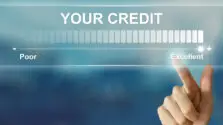Were you aware that you most likely have an average FICO score?
Many people struggle with building credit because they’re unsure of how to approach debt. Because of this, the average FICO score is much lower than the highest possible.
Having a good FICO score is essential if you’d like to get loans with favorable terms. Fortunately, we’ll go over everything you need to know about FICO scores so you can start increasing yours.
Read on to learn about what a FICO score is and how to raise it!
What Is a FICO Score?
FICO is a company that manages data analytics and is known for its credit scoring system. Originally known as Fair, Isaac, and Company, FICO became popular in the United States as its system gives lenders a good idea of how well someone can manage debt.
While credit scores can vary depending on the industry, the FICO score is used as a basis for most things. The highest FICO score is 850 and the lowest is 300. Anyone with an 850 FICO score will have no problem getting most types of loans because it shows that they’re perfect with debt.
Good Credit Score
Determining what a “good credit score” depends on the person you ask. However, many people consider anything over 700 to be good. While getting 850 takes a lot of time, you can qualify for a plethora of loans with a much lower score.
You can check a FICO score by visiting various websites. Credit Karma and Annual Credit Report are just 2 of the many sites available.
If you have a lower score of 650, you can still get a mortgage or car loan like those with higher scores. The only downside is that you may face high-interest rates because the lender wants to ensure they get their money back.
Those with scores lower than 650 often struggle to get anything because it shows that they have trouble managing their debt. This is because 650 is often the base score for anyone that doesn’t have a credit history.
What Affects FICO Score
Because FICO scores are calculated by several things, you can expect your score to be affected in various ways. FICO scores constantly change, depending on how much you borrow and make payments. However, some things will affect your score more than others.
Understanding what affects a FICO score can make it much easier for you to increase yours. Here’s what makes up a FICO score:
Payment History (35%)
Your payment history is one of the most important things when it comes to borrowing. Lenders want to see that you actively make payments on time and in advance. Should you miss payments, you can expect your FICO score to take a massive hit.
Amount Owed (30%)
How much money you owe also has a major impact on a lender’s decision to let you borrow. If you try applying for a loan but owe too much money, the lender won’t feel as though you can repay them. Because of this, your FICO score won’t raise unless you start paying things off.
Credit History (15%)
Although you may have all your debt paid off, it’s best to not have a large history of borrowing. This will affect your FICO score because many lenders don’t want to work with people that rely on loans to get by. However, you can still have a decent score if you borrow a lot because the history doesn’t affect it much.
New Credit (10%)
Similar to credit history, the average FICO score won’t be affected much by new credit. Increasing a FICO score requires borrowing money, so new credit only makes up 10% of it. The only time you’ll see large decreases is when you open various accounts in a short period.
Credit Mix (10%)
Your credit mix consists of all the types of loans you borrow. If you have a mortgage, auto loan, and credit card, these will all affect your FICO score. Lenders often want to see their borrowers with different types of loans to ensure they can manage several things.
How to Increase FICO Score
Getting a good FICO score is as simple as repaying debt and borrowing less. However, you’ll need to use a certain strategy when doing this to ensure you increase it as fast as possible. Aside from the strategy, we’ll outline, you can check out these helpful tips to increase your score.
Repay Debts
When repaying debt, you’ll want to focus on the loan with the highest interest rate. No matter what it is, but most of your money towards it while paying the minimum amount on your other debts. This will help you avoid spending a lot on interest.
After the first loan is paid off, move on to the next one with the highest interest rate and do the same thing.
Stop Borrowing
While repaying debts, stop borrowing. This will only make it harder to get a good FICO score because you’ll be stuck in an endless cycle of repayments.
Use a Credit Card
After repaying everything, you can start using a credit card to slowly build credit. Ensure that you don’t max it out and try to make large payments often.
If you can, avoid waiting until the last day to make a payment. The sooner you pay things off, the better you’ll look to a lender.
Now You’re Ready to Increase Your FICO Score
After reading this article, you no longer need to ask, “what is a FICO score?” Aside from that, you can work on building credit with no problem.
If you check a FICO score and see that it’s low, we encourage you to look at your debts and figure out which one you can pay off first.
Consider spending less on other things so you can repay your debts even quicker. Keep in mind that the sooner you pay things off, the more money you’ll save by avoiding interest.
Browse our other articles to learn more about building credit and other topics!



